A Guide To Using Prepping Communities for Survivors and Volunteers
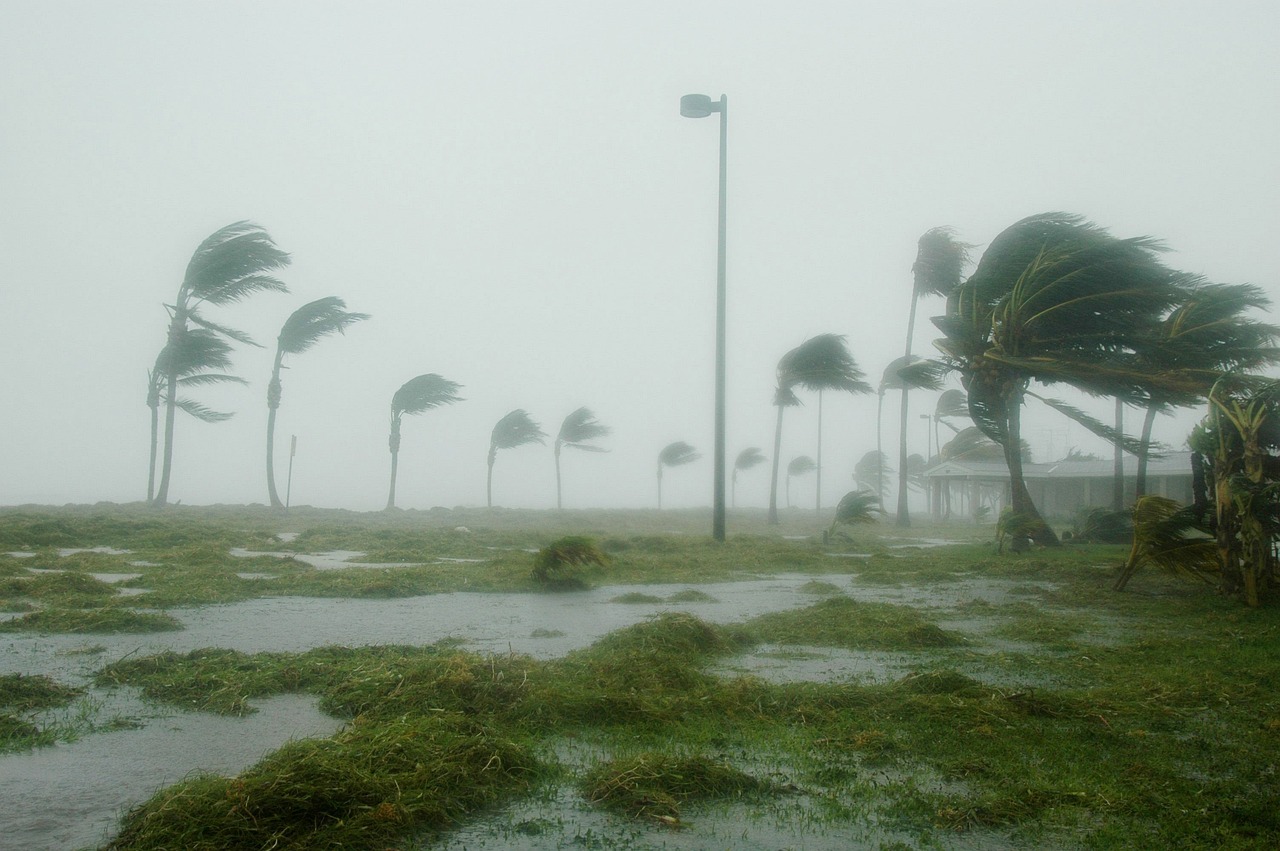 In the chaotic aftermath of Hurricane Helene, effective communication and resource sharing are key to helping survivors recover. Prepping Communities is not just about prepping for future events, it’s also a platform where volunteers, survivors, and local authorities can join forces to manage disaster relief efforts after an event.
In the chaotic aftermath of Hurricane Helene, effective communication and resource sharing are key to helping survivors recover. Prepping Communities is not just about prepping for future events, it’s also a platform where volunteers, survivors, and local authorities can join forces to manage disaster relief efforts after an event.
A public group named the Hurricane Helene Recovery Group was established to coordinate these efforts. By joining this group, individuals can pool their resources, share information, and provide real-time updates. This guide will walk you through the various features of Prepping Communities, highlighting how you can use the platform to help the victims of Hurricane Helene.
Joining the Hurricane Helene Recovery Group
The Hurricane Helene Recovery Group is a public group set up specifically for survivors and volunteers looking to contribute to relief efforts.
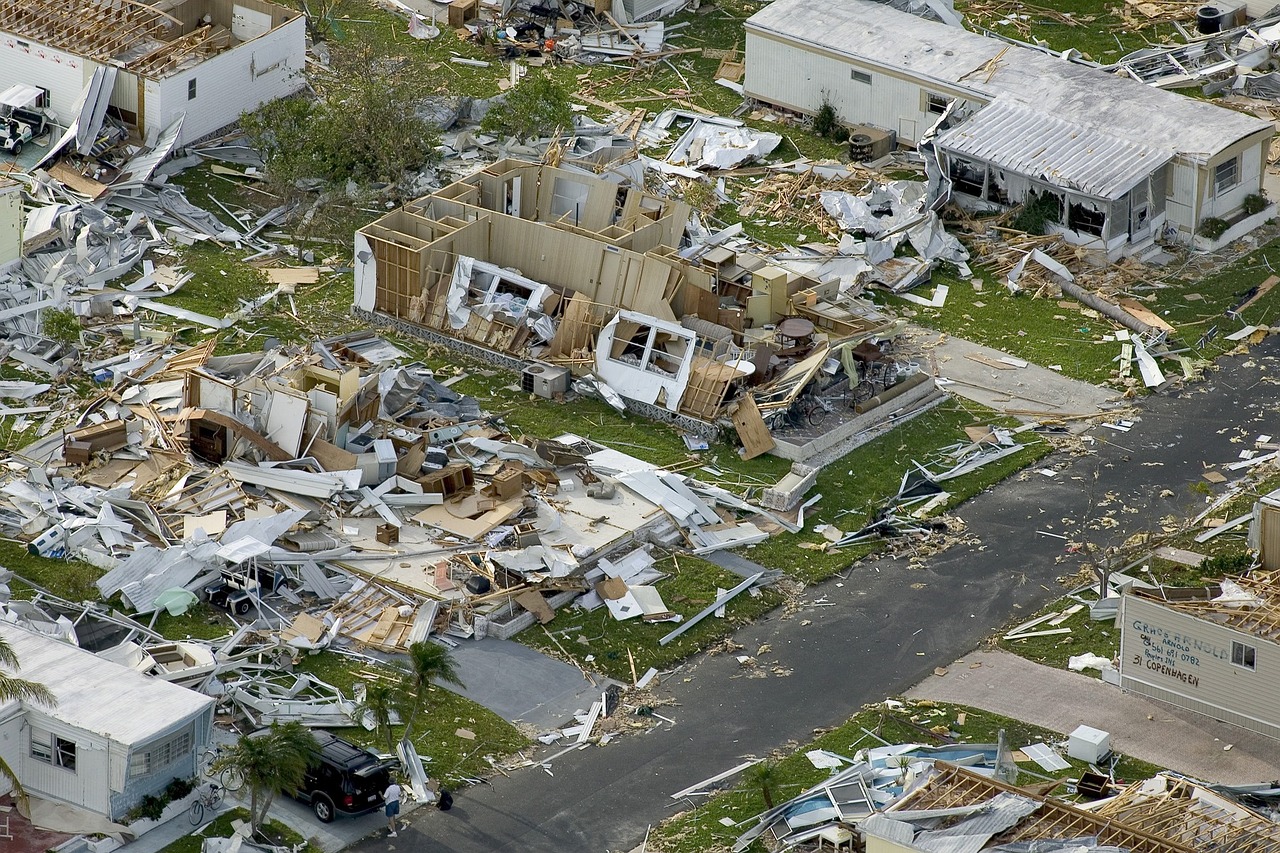 By joining this group, users can access ongoing discussions, receive updates about available resources, and coordinate their actions with others. Whether you’re offering transportation, medical assistance, or shelter, this group serves as the central hub for relief operations.
By joining this group, users can access ongoing discussions, receive updates about available resources, and coordinate their actions with others. Whether you’re offering transportation, medical assistance, or shelter, this group serves as the central hub for relief operations.
To join the group:
- Navigate to the group section on Prepping Communities.
- Use the search function to find the Hurricane Helene Recovery Group.
- Click “Join Group” to be added to the member list and gain access to updates, chats, and coordination efforts.
This group ensures that everyone is on the same page, making it easier to direct help where it’s needed and allowing everyone involved to communicate efficiently.
Creating Postings to Offer and Request Help
One of the most important features of Prepping Communities is the ability to create postings for offers of assistance or requests for help.
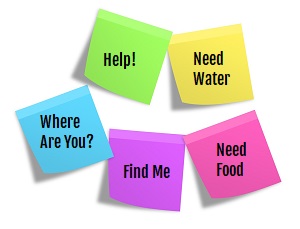
Whether you need shelter, food, or medical care, or you’re offering such services, you can post directly to the Hurricane Helene Recovery Group or the general site.
How to Create a Posting:
- Select Postings -> Add New Posting from the dashboard.
- Choose from the appropriate templates, such as General Post, Sell/Barter/Trade, or Event Promotion.
- Write a concise and clear description of the help you’re offering or need. For instance, if you have a generator, mention the capacity, location, and duration of availability.
By centralizing information in postings, everyone in the community can quickly browse available resources and services.
Utilizing Group Chat for Real-Time Updates and Coordination
The group chat feature is invaluable for real-time communication between volunteers, survivors, and coordinators.
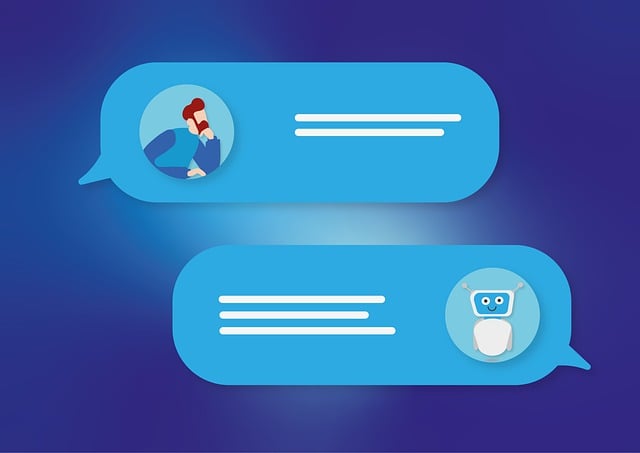 In a disaster situation, time is of the essence, and immediate updates about conditions, available resources, and the location of survivors can save lives.
In a disaster situation, time is of the essence, and immediate updates about conditions, available resources, and the location of survivors can save lives.
Here’s how to use group chat effectively:
- Once you’ve joined the Hurricane Helene Recovery Group, access the group chat from the main page.
- Initiate discussions by sharing vital information such as road closures, locations of emergency services, and where food and water are available.
- For volunteers, use chat to coordinate pickup times for evacuees, provide updates on medical conditions, or share safety warnings about dangerous areas.
Real-time messaging through group chat also allows survivors to alert rescue teams to their location if they are in immediate danger or need assistance.
Finding and Joining Groups for Specialized Relief
The Hurricane Helene Recovery Group serves as a general resource hub, but survivors and volunteers can also join specialized groups focused on particular areas of need—such as medical services, logistics, or rebuilding.
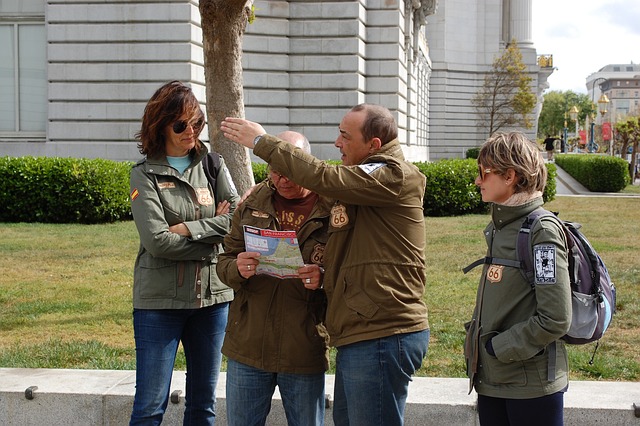 Specialized groups allow you to dive deeper into specific aspects of the recovery process, ensuring that experts can focus their efforts in the most needed areas.
Specialized groups allow you to dive deeper into specific aspects of the recovery process, ensuring that experts can focus their efforts in the most needed areas.
To find these groups:
- Use the text or map search function to identify local or thematic groups.
- Join groups that align with your expertise or immediate needs. For example, medical professionals may want to join a first-aid group, while volunteers with transportation can join logistics groups.
Being part of multiple groups ensures that you can engage in different parts of the recovery, maximizing your impact and staying informed on various efforts.
Coordinating Emergency Services and Aid Distribution
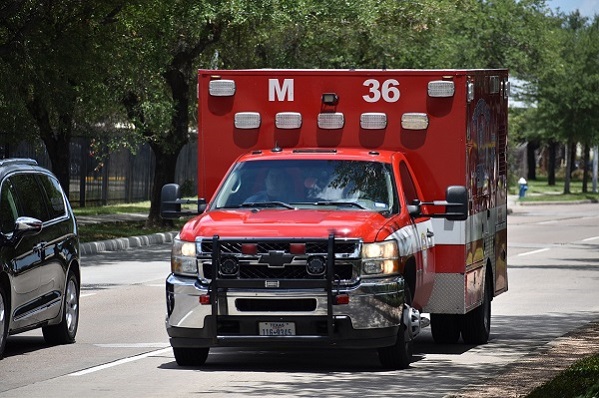 One of the major challenges following a natural disaster is coordinating emergency services and distributing aid efficiently. The Hurricane Helene Recovery Group plays a key role here by acting as a liaison between survivors, volunteers, and official agencies.
One of the major challenges following a natural disaster is coordinating emergency services and distributing aid efficiently. The Hurricane Helene Recovery Group plays a key role here by acting as a liaison between survivors, volunteers, and official agencies.
Users can share updates about the location of emergency services, evacuation routes, and drop-off points for supplies.
For example:
- Volunteers can post information about food drop-offs and water supply stations.
- Medical professionals can use the group chat to direct people to mobile clinics or triage stations.
- The group can coordinate the delivery of critical supplies to isolated communities.
These postings and chats help ensure that aid reaches the people who need it most, preventing duplication of efforts and reducing the risk of critical shortages in certain areas.
Locating Temporary Shelters and Housing
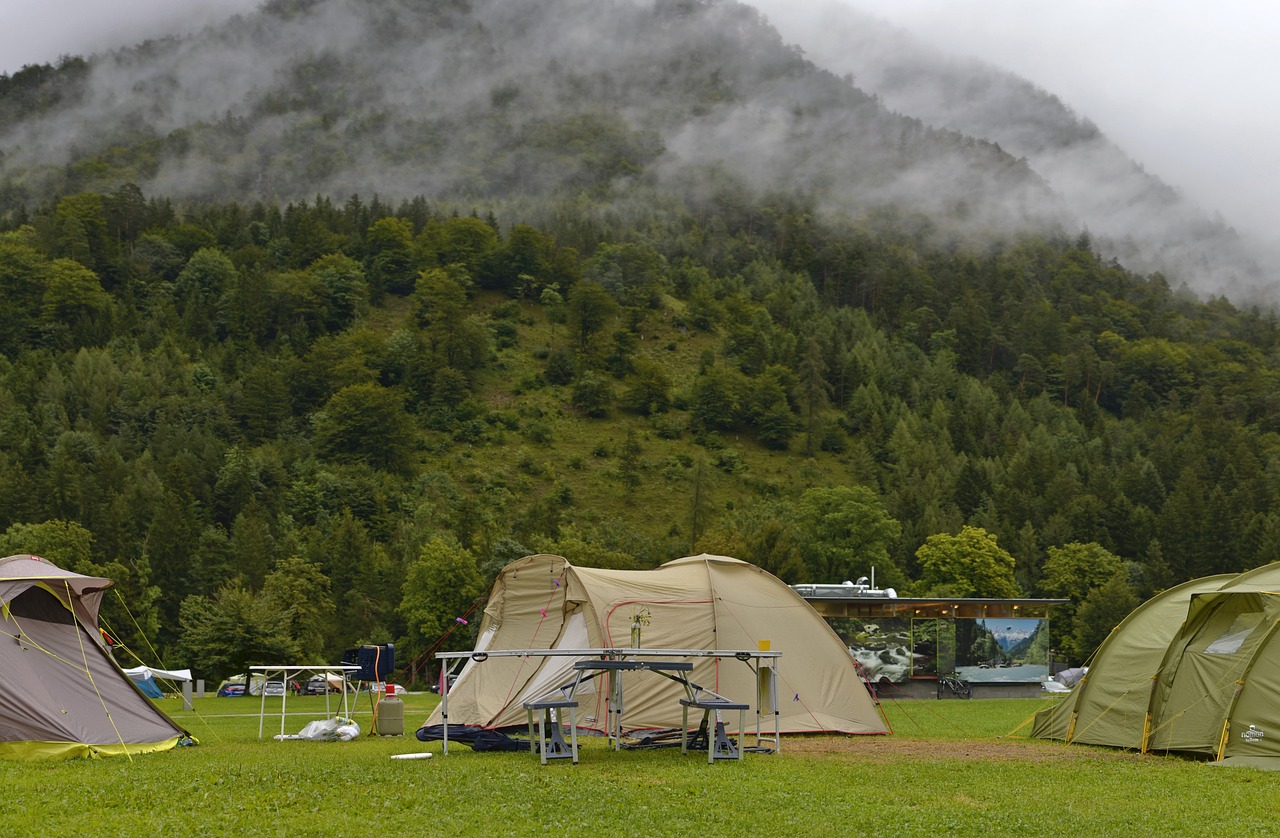 Finding safe shelter is a top priority for survivors of any disaster. On Prepping Communities, individuals offering temporary housing or shelter can create postings under categories like General Post or Emergency Housing.
Finding safe shelter is a top priority for survivors of any disaster. On Prepping Communities, individuals offering temporary housing or shelter can create postings under categories like General Post or Emergency Housing.
These posts should include key details such as the location, capacity, and availability of amenities like power or heat.
In the Hurricane Helene Recovery Group, volunteers might share a list of available shelters, coordinate transportation to those shelters, or provide updates on shelter conditions.
Leveraging Community Support Networks
Beyond immediate survival needs, disasters can leave survivors emotionally and psychologically strained. Prepping Communities offers a way to connect with support groups focused on mental health, trauma recovery, and community rebuilding.
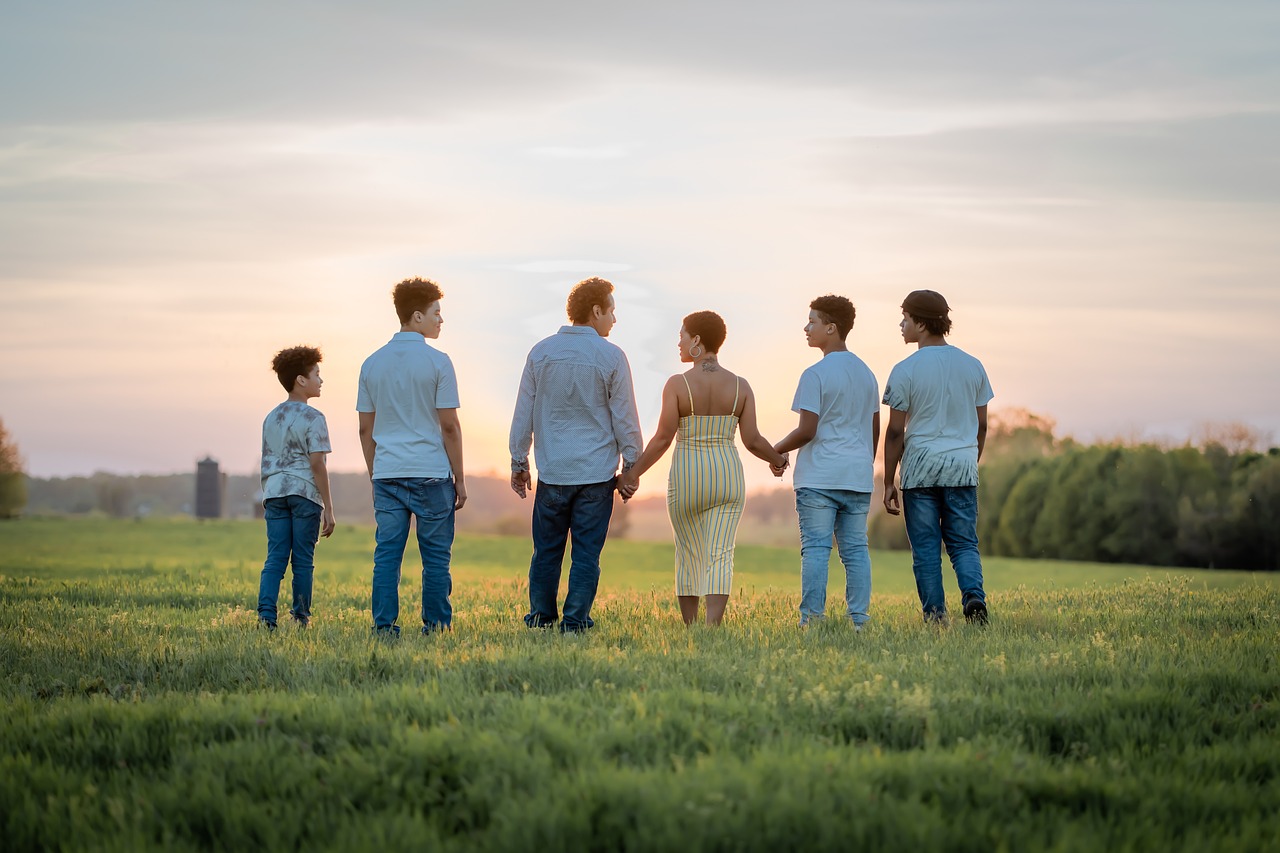 The Hurricane Helene Recovery Group is not only a space for practical needs but also for emotional support, allowing survivors to share their stories, encourage each other, and provide hope during challenging times.
The Hurricane Helene Recovery Group is not only a space for practical needs but also for emotional support, allowing survivors to share their stories, encourage each other, and provide hope during challenging times.
Local counselors, social workers, or volunteers trained in crisis intervention can create or join dedicated groups offering mental health support and resources for those affected by the disaster.
Tracking and Reporting on Recovery Progress
Another important aspect of post-disaster communication is tracking the recovery process. Members of the Hurricane Helene Recovery Group can keep each other informed about efforts like debris clearing, power restoration, and the reopening of local businesses.
 By posting regular updates, the group ensures that everyone involved stays up to date on the status of ongoing projects.
By posting regular updates, the group ensures that everyone involved stays up to date on the status of ongoing projects.
For example:
- Local volunteers might report that a specific road has been cleared of debris and is now safe to travel.
- Recovery coordinators could share timelines for when water and power will be restored in certain neighborhoods.
This system of reporting fosters transparency, builds trust within the community, and helps prioritize the most urgent tasks.
Finding Specialized Services
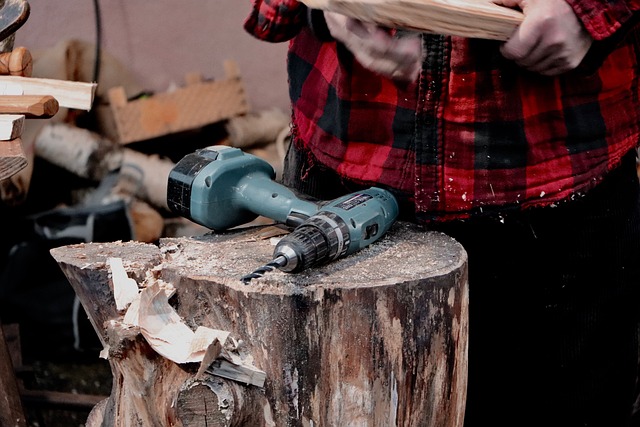 After a natural disaster, specialized services such as plumbing, electrical repairs, and construction work are often needed to help rebuild homes and infrastructure. Through Prepping Communities, volunteers with these skills can create postings offering their services for free or in exchange for supplies, bartering, or donations.
After a natural disaster, specialized services such as plumbing, electrical repairs, and construction work are often needed to help rebuild homes and infrastructure. Through Prepping Communities, volunteers with these skills can create postings offering their services for free or in exchange for supplies, bartering, or donations.
For example, a local electrician might create a posting in the Hurricane Helene Recovery Group offering to help restore power to homes and businesses. This kind of peer-to-peer support accelerates recovery by providing essential services when professional companies may be overwhelmed.
Using Barter and Trade for Recovery Needs
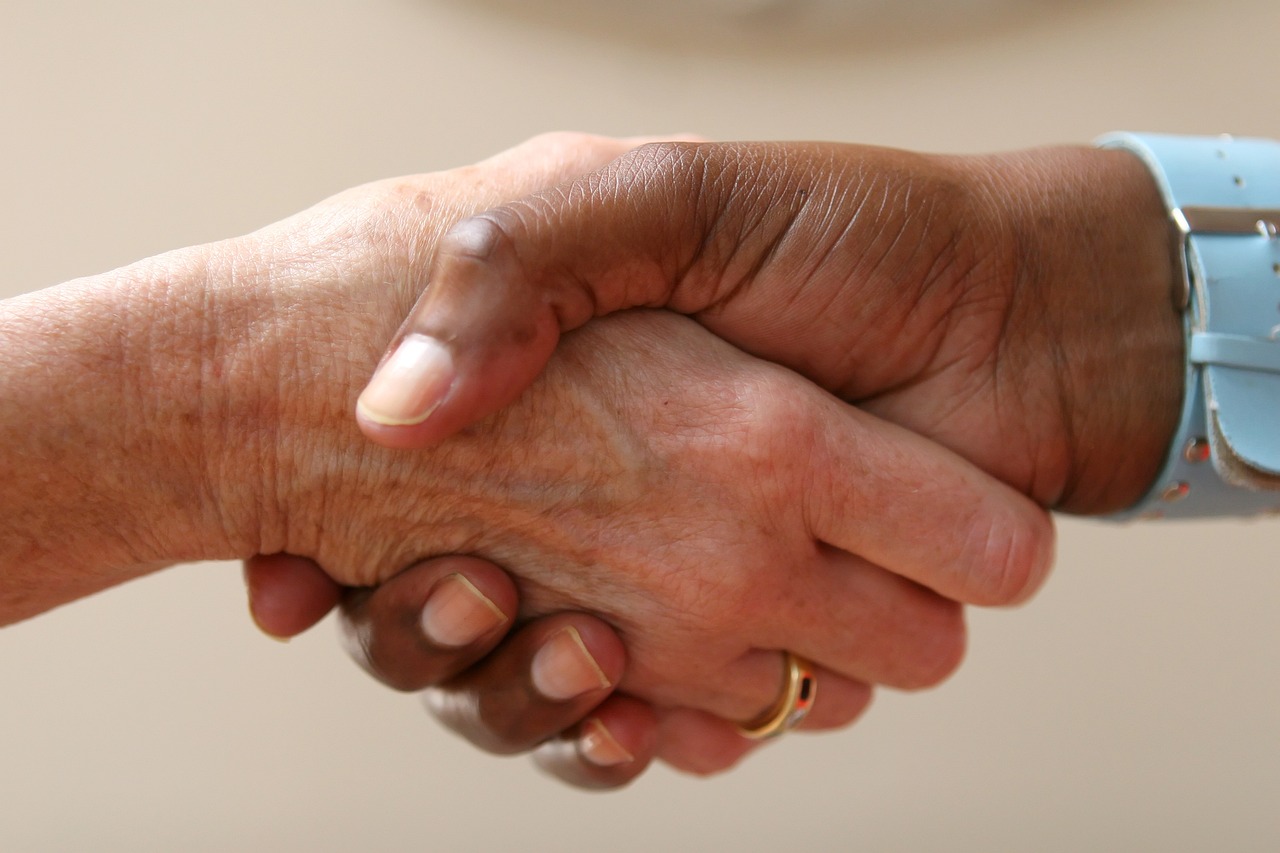 Following disasters, cash may be scarce, and supply chains disrupted. The barter system is an alternative way to get necessary supplies. Through the Hurricane Helene Recovery Group and other barter-specific groups, individuals can trade items like food, clothing, tools, or services. A farmer offering produce, for instance, might trade food for fuel or transportation.
Following disasters, cash may be scarce, and supply chains disrupted. The barter system is an alternative way to get necessary supplies. Through the Hurricane Helene Recovery Group and other barter-specific groups, individuals can trade items like food, clothing, tools, or services. A farmer offering produce, for instance, might trade food for fuel or transportation.
By enabling barter through the Sell/Barter/Trade posting template, Prepping Communities provides a structured way for survivors to trade resources without needing cash, ensuring that everyone has access to the essentials they need.
Conclusion
In the wake of Hurricane Helene, Prepping Communities offers a platform where survivors, volunteers, and organizations can collaborate effectively to recover and rebuild. Through the Hurricane Helene Recovery Group, users can create postings for aid, participate in real-time chats, join specialized groups, and exchange resources through barter. By leveraging these tools, individuals can provide life-saving assistance, rebuild their communities, and support one another in this time of need.
